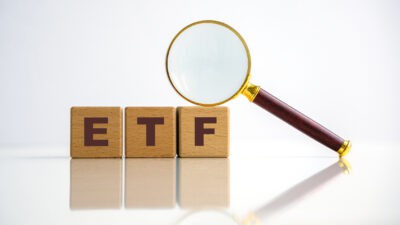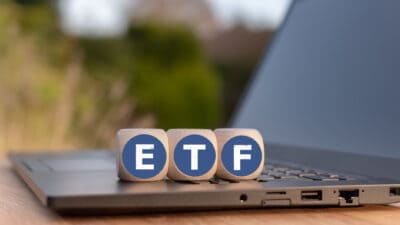ASX index funds are a great way of investing in the share market without the onerous requirements of researching and picking individual shares.
Many investors love the thrill of finding the next big stocks or building their own stock portfolios from scratch. But for others, a hands-off, passive approach is preferable.
For the latter, index funds are arguably a great choice. An index fund allows investors to invest in hundreds of individual shares, all in one easy ticker code. This provides instant diversification, as well as delivering what could be considered the 'average' return of a market over a long period of time.
If you are disciplined enough, and have enough cash to invest, you can even turn a $100 per week investment into a nest egg worth up to $1 million using these index funds.
Let's discuss how, using two examples.
Building wealth with ASX index funds
The first is the most popular index fund on the ASX – the Vanguard Australian Shares Index ETF (ASX: VAS).
This ASX index fund represents an investment in the largest 300 stocks on the Australian share market. That includes everything from Commonwealth Bank of Australia (ASX: CBA), Telstra Group Ltd (ASX: TLS) and Woolworths Group Ltd (ASX: WOW) to JB Hi-Fi Ltd (ASX: JBH), Harvey Norman Holdings Ltd (ASX: HVN) and Ampol Ltd (ASX: ALD).
The second is the iShares S&P 500 ETF (ASX: IVV). This index fund doesn't track ASX shares but instead allows ASX investors to hold the largest 500 companies listed on the American stock markets. In this fund, you'll find names like Apple, Coca-Cola, Microsoft and Colgate-Palmolive.
As of 30 September, the Vanguard Australian Shares ETF has returned an average of 8.89% per annum over the past ten years. That includes returns from both price growth and dividends.
Over the same period, the iShares S&P 500 ETF has returned an average of 15.8% per annum.
Now, let's assume these rates of return will hold going forward (which is by no means guaranteed, of course). For someone who begins investing $100 a week at age 20, reinvests all dividends like clockwork, and continues to invest every single week, rain, hail or shine, it would get them to a portfolio value of $1 million by the time they are 53 (or after 33 years).
For our 20-year-old investor, that should set them up for a rather comfortable retirement.
However, if that same investor uses the iShares S&P 500 index fund and invests that same $100 a week, it would take just 22 years to get to seven figures. An early retirement might be on the cards there.
Foolish takeaway
Of course, these numbers are completely hypothetical. There's every possibility that either of these index funds doesn't deliver the same returns they have over the past decade going forward.
But what we can count on is the power of compounding, and the effectiveness of consistently investing to build wealth. Those are the powers that we must harness if we wish to succeed in passive investing.








